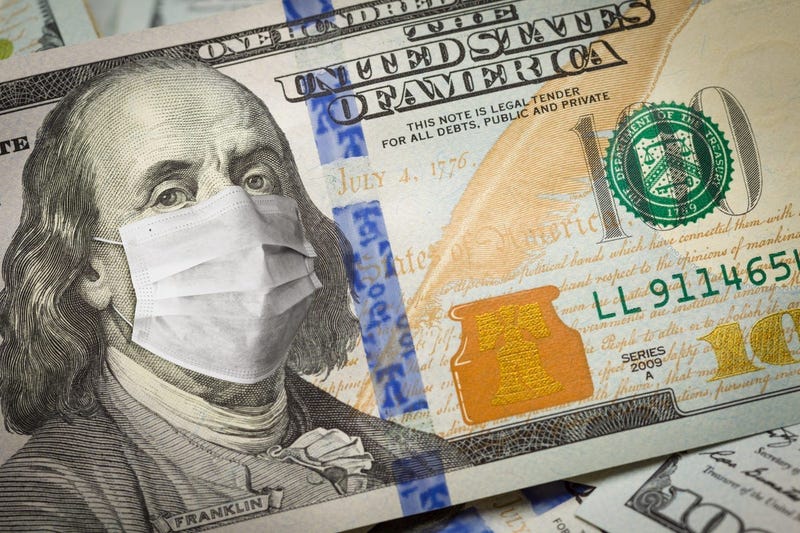
CHICAGO (WBBM NEWSRADIO) -- The U.S. Department of Housing and Urban Development announced Monday the allocation of a third wave in CARES Act coronavirus relief funding.
This wave totaling $1 billion is through the Community Development Block Grant (CDBG) program and includes nearly $39.3 million to Illinois. To date, HUD has provided over $3 billion in CDBG funding nationwide to help communities acutely combat coronavirus and alleviate economic hardship.
“Coronavirus has impacted our communities and populations in unprecedented ways, and while some begin to see a decline in reported cases, others continue to fight this invisible enemy aggressively,” said Secretary Ben Carson, in a statement. “This funding will afford states the ability to respond to the unique circumstances they are facing – from reducing risk of transmission to regaining the sound footing of their economy. This is the third wave of funding the Department has provided to States and insular areas, and we will continue to execute a detailed and swift response until the days of COVID-19 are behind us.”
The allocation formula uses variables focusing on public health needs, risk of transmission of coronavirus, rate of coronavirus cases, and economic disruption. The formula uses data on low-income elderly and poor children to target to places with higher public health risk while also using recent unemployment insurance claims data to provide for states hardest hit, at the time of the allocation, by unemployment. All of the factors are adjusted so that places with higher than the national average in COVID-19 cases receive a slightly higher share of funding.
